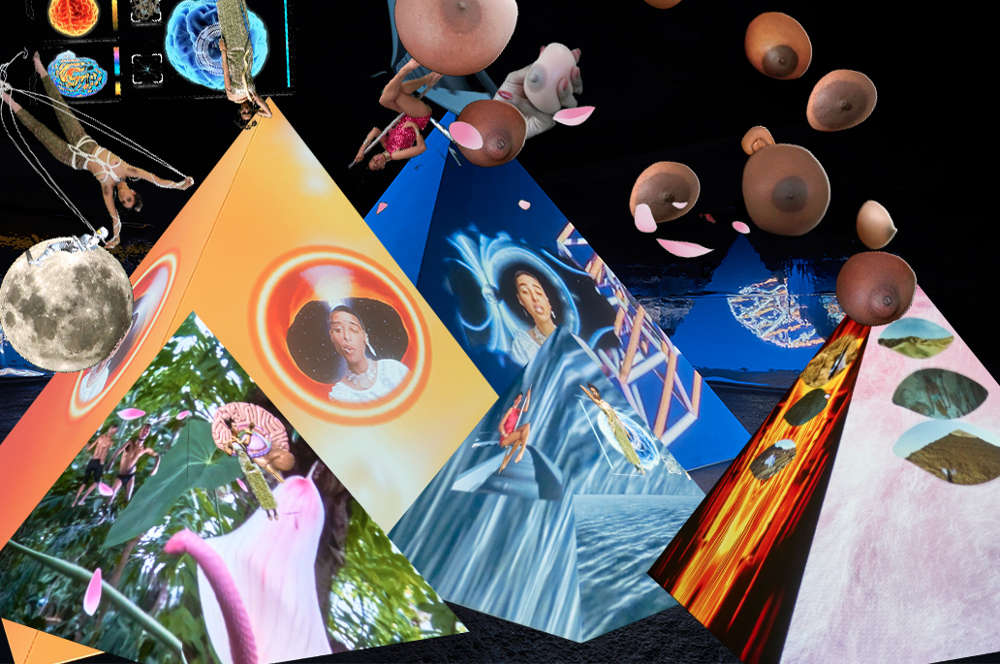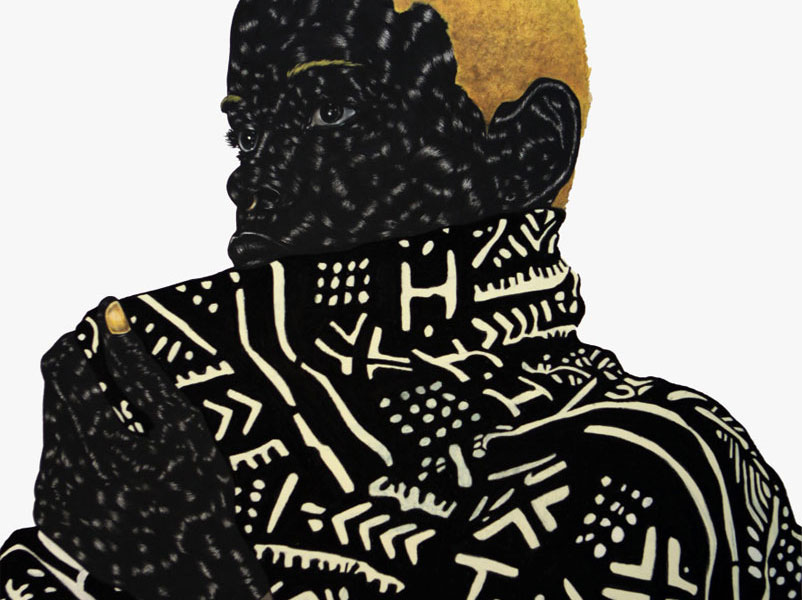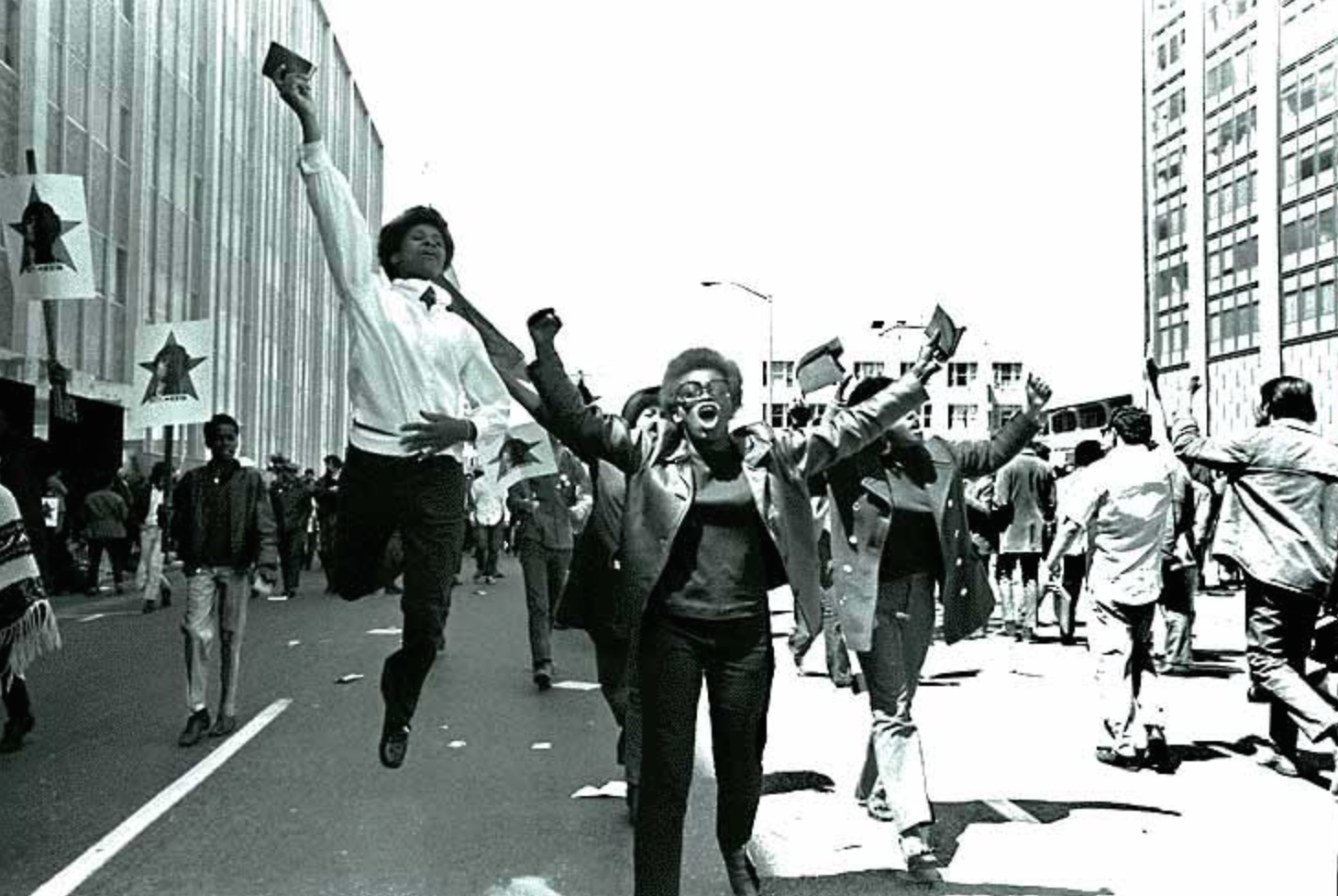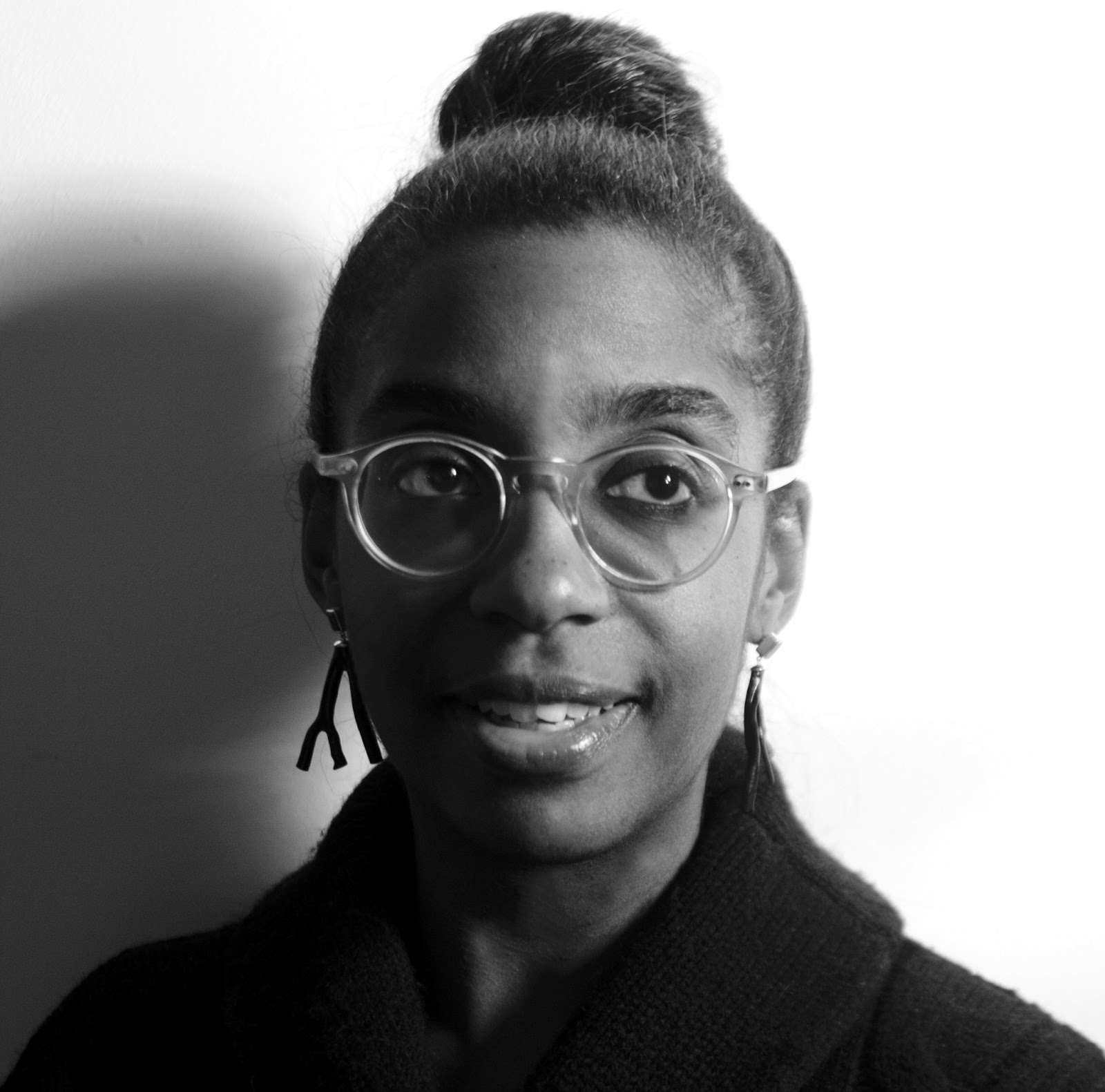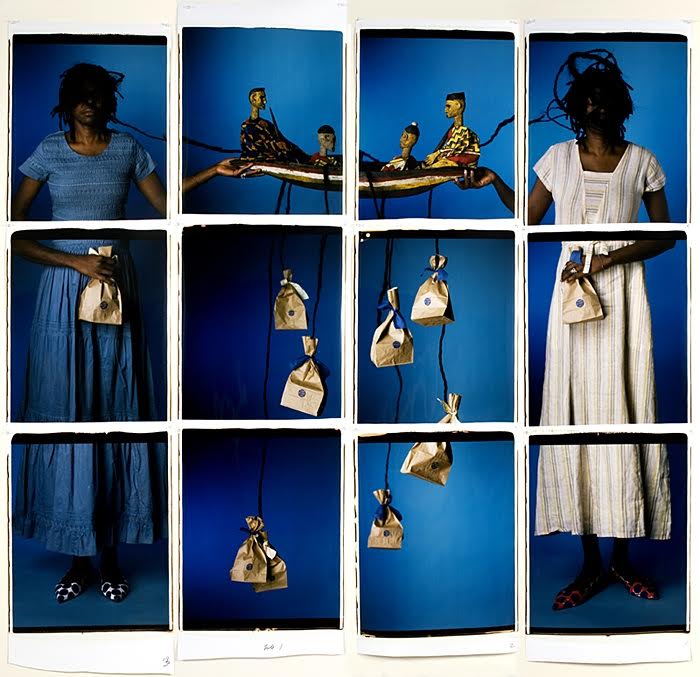We Who Are Not The Same
Exercises Towards The Unmaking Of Patriarchy, Control, Dominion And OtheR Male Cogito’s Misplaced Potencies
–A year-long research and exhibition project which looks at and challenges decolonial intersectional feminist practices and politics to imagine new politics and alliances to respond to the challenges of the present. This project wants to open up a space for collective experimentations with creating a common ground and a new language for re-appropriating the meaning of feminists' struggles and building new relations of solidarity.
Curators Elena Agudio, Nathalie Anguezomo Mba Bikoro und Federica Bueti
Project Coordination Jörg-Peter Schulze
Curatorial Assistance Kelly Krugman
A movement for change is a changing movement, changing itself, demasculinizing itself, de-Westernizing itself, becoming a critical mass that is saying in so many different voices, languages, gestures, actions: it must change; we ourselves can change it. We who are not the same. We who are many and do not want to be the same.
The master's tools will never dismantle the master's house. They may allow us to temporarily beat him at his own game, but they will never enable us to bring about genuine change.
We Who Are Not The Same adopts a decolonial intersectional feminist perspective to address the forms of oppression, domination, discrimination, theft and betrayal that define the world we live in: It invites artists, activists and writers to engage with structural injustices shaping the complex interplay of class, religion, race, gender and sex. These engagements will take place in a bimonthly series of “exercises”, comprising lectures, readings and workshops as well as performances and visual interventions.
We Who Are Not The Same takes a clear stance: it refuses to treat feminism as a label, discards the idea of universal ‘womanhood;’ questions the reliability of the intersectionality theories and their claims to an homogenous and unified community; and rejects the belief in a post-feminist society. Everyday we witness that society has not freed itself from inequalities and injustices. We call for an understanding of feminism as a worldview antithetical to the violence and dehumanisation produced by Capitalism and its white Western ideology. We deeply question the manner neoliberalism markets feminism as just another mechanism for competitive self-styling. We believe that the re-evaluation of particular experiences and values makes it possible to create new modes of empowerment, new forms of resistance, coalitions, new politics of social reproduction and new courses of action. In this sense, we seek to actively embrace values which have historically been imposed on women and derided as feminine, so as to, as Nina Power suggests, oppose “values such as care, compassion and collectivity” to the competitive individualism of neoliberal societies. “What if, rather than fighting to compete, or even competing at all,” Power writes, “we instead fought to re-evaluate what is most central to the ongoing wellbeing and existence of humanity as such?” [1]
The project focuses on the plurality and specificities of women, people of colour, trans and queer experiences. It does so, less to celebrate these experiences, but rather to seriously consider how they suggest alternative paths of responding to the challenges of our present. Acknowledging the historical failures of white North-American and European feminist practices to adequately engage questions of race, class and trans-bodies, We Who Are Not the Same foregrounds the way feminist practices and aesthetics develop an embodied critique of the structural inequalities and violence of global capital, and point to alternative histories and epistemologies from which to start rethinking the way we live together.
We Who Are Not the Same wants to open up a space for collective experimentations with creating a common ground and language for re-appropriating the meaning of feminists’ struggles, and building “new relations of solidarity.” The title of this series is borrowed from Adrienne Rich, who imagined feminism as a movement for change which is also “a changing movement, changing itself, demasculinising itself, de-Westernizing itself, becoming a critical mass that is saying in so many different voices, languages, gestures, actions: it must change. We who are not the same. We who are many and do not want to be the same.” [2] The polyvocality that two feminist movements have so ambitiously advocated for, ask that we find languages and invent new mythologies to address the reality we embody and we are embedded in.
In these times of dread, in a world which is bruised and bleeding, as writer Toni Morrison reminds us, it is precisely the time when artists go to work.[3] It exactly now, here and now, that we cannot afford to get dishearten and remain silent, it is in this very moment that we have to gather, reflect, discuss and act; ceaselessly interrogating the power structures in which we are embedded – as SAVVY Contemporary constantly strives to do. We Who Are Not The Same represents a space where to perform response-ability: the ability to respond, to be affected by, to be accountable for, to attend to and care for each other. As Lorde wrote: “For women, the need and desire to nurture each other is not pathological but redemptive, and it is within that knowledge that our real power I rediscovered. It is this real connection which is so feared by a patriarchal world. Only within a patriarchal structure is maternity the only social power open to women. Interdependency between women is the way to a freedom which allows the I to be, not in order to be used, but in order to be creative. (...) Without community there is no liberation, only the most vulnerable and temporary armistice between an individual and her oppression. But community must not mean a shedding of our differences, nor the pathetic pretense that these differences do not exist.”[4]
With We Who Are Not The Same we want to highlight how feminist cultural and artistic practices can help decolonize our ways of being and thinking—within existing cultural institutions as well as horizons of the possible—by acknowledging that the world is not one, and by making a contribution to new trans-feminist collective politics and social alliances.
Funded by Hauptstadtkulturfonds.
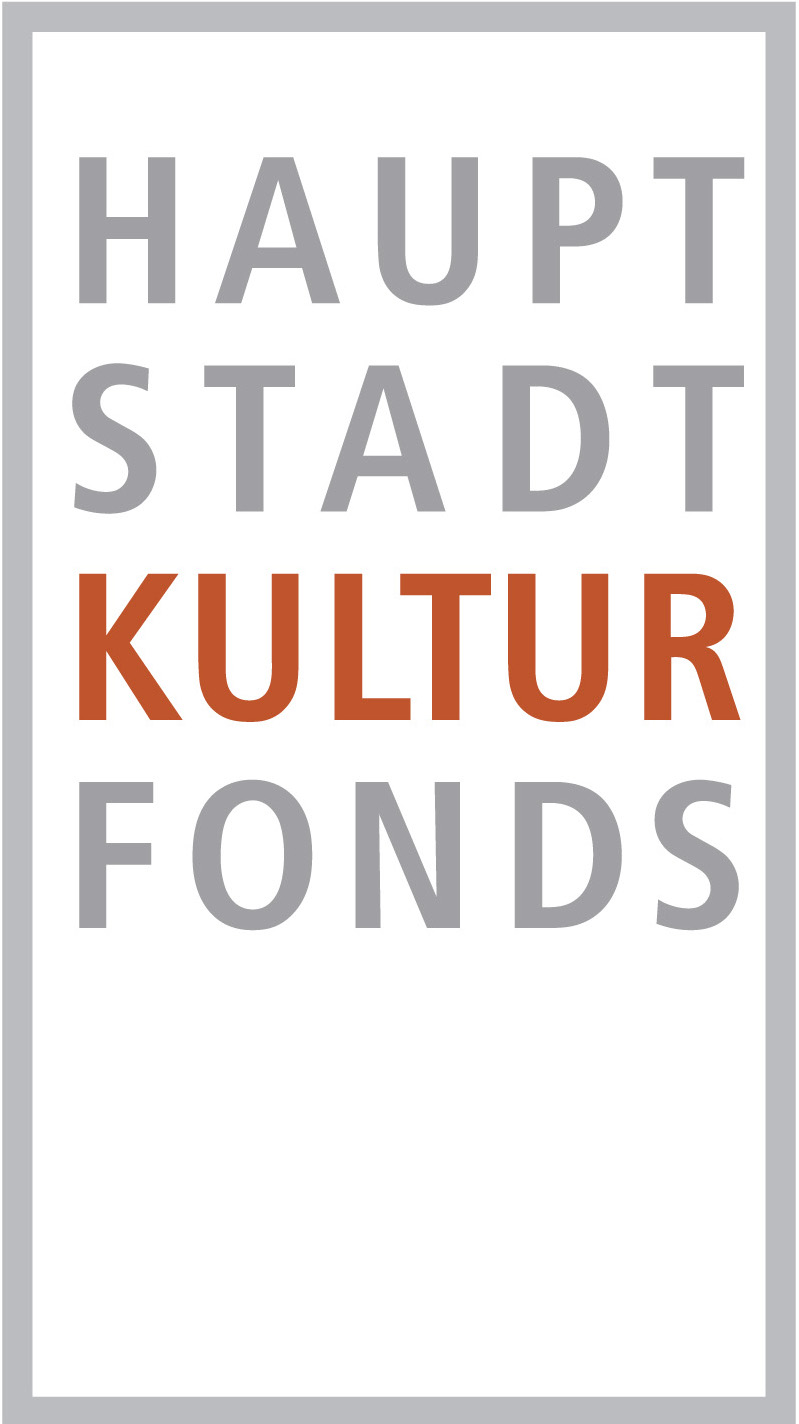
Nina Power, Why don’t women stop playing this rigged capitalist game? In “The Guardian”, Tuesday 2 August 2016, https://www.theguardian.com/commentisfree/2016/aug/02/women-stop-playing-rigged-capitalist-game-saatchi-kevin-robert
Adrienne Rich, “Notes Towards a Politics of Location”, in Blood, Bread, and Poetry (New York: WW, Norton,1986), (225).
Toni Morrison, No Place for Self-Pity, No Room for Fear. In times of dread, artists must never choose to remain silent in “The Nation Magazine”, March 23, 2015: https://www.thenation.com/article/no-place-self-pity-no-room-fear/
Audre Lorde, The Master's Tools Will Never Dismantle the Master's House, 1979.

